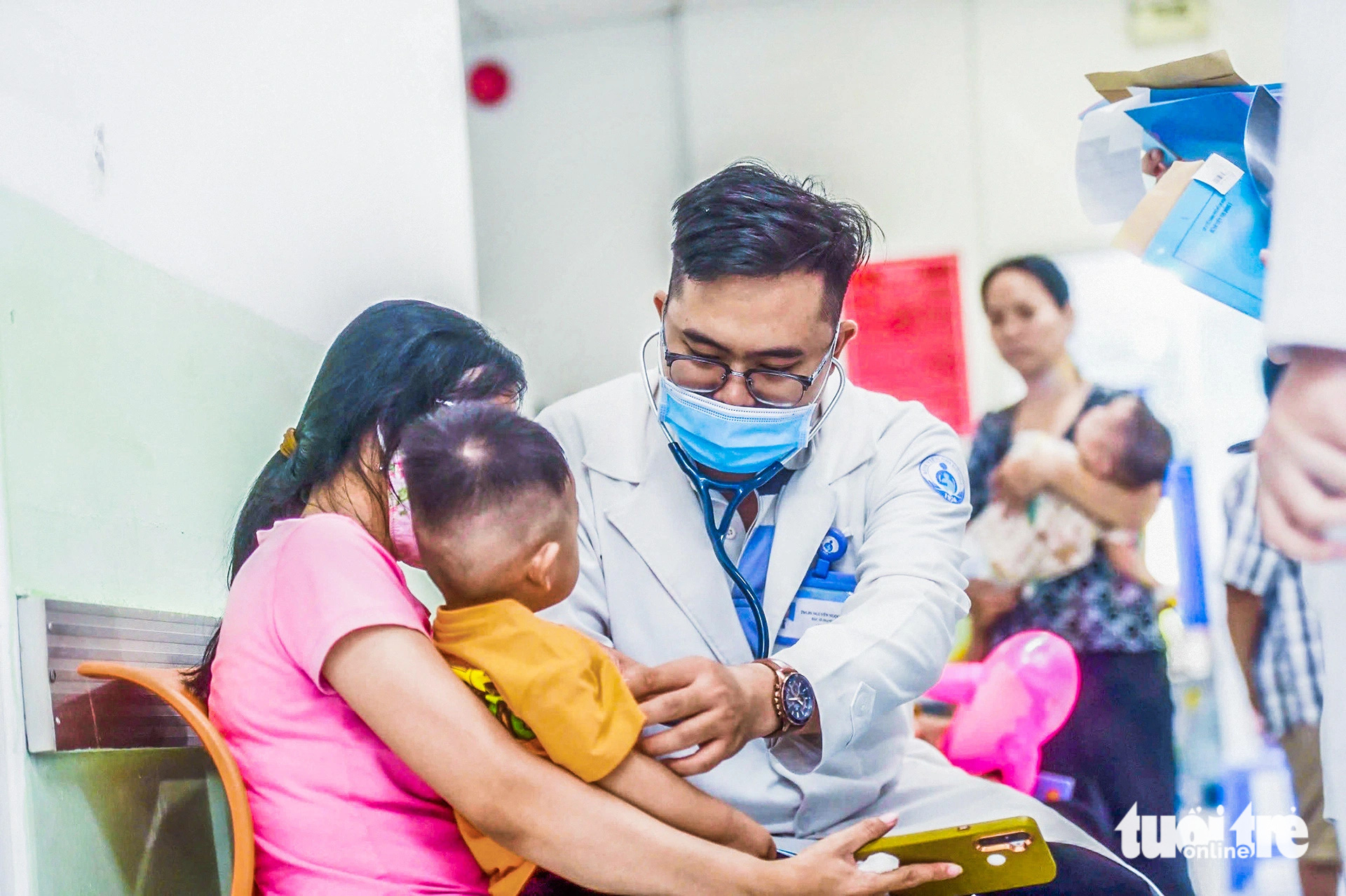
Children are examined for respiratory diseases in Ho Chi Minh City - Photo: TU TRUNG
Statistics from the respiratory department 1 of Children's Hospital 2 over the past 2 weeks show that the number of children coming to see a doctor for respiratory diseases has increased, the number of children requiring inpatient treatment has increased by 20-25% compared to last month.
Most of the hospitalized children are under 5 years old with diseases such as pneumonia, acute bronchitis, asthma, etc.
The changing of seasons creates favorable conditions for viruses and bacteria to grow, leading to an increase in respiratory diseases.
BSCK2 Nguyen Hoang Phong - Head of the Respiratory Department 1 of Children's Hospital 2 - commented that children are often hospitalized late because parents subjectively ignore the initial symptoms of the disease such as mild fever, cough, runny nose, etc.
This will affect the diagnosis and treatment process and make children susceptible to dangerous complications.
Doctor Phong recommends that as soon as children have symptoms such as fever, cough, runny nose, stuffy nose, etc., parents should take their children to medical facilities with pediatric specialists for timely examination and treatment.
Parents should never be subjective and should not arbitrarily buy medicine to treat their children. Pay special attention to signs of worsening such as rapid breathing, difficulty breathing, high fever that is difficult to reduce, refusal to breastfeed or refuse to eat...
Respiratory diseases are airborne and are most contagious in closed environments, when children return to school.
5 measures to prevent respiratory diseases
To protect children, prevent and limit the increase of respiratory diseases during this period, the health sector recommends that people and educational institutions take the following measures:
1. Ensure clean and airy classrooms: Educational facilities, schools, nurseries, and kindergartens need to regularly clean and keep classrooms airy.
2. Strengthen monitoring of children's health: Educational institutions need to closely monitor students' health, early detect cases with symptoms of fever, cough, runny nose to promptly notify medical facilities.
3. Supplement with a reasonable diet: Provide enough water, vitamins and minerals, a complete and reasonable diet, helping children increase resistance to prevent disease.
4. Practice good personal hygiene: Children should wash their hands regularly with soap and clean water. This helps reduce the risk of contracting respiratory infections.
5. Full vaccination: Parents need to take their children to medical facilities for full and timely vaccination and disease prevention according to the instructions of the health sector. Vaccination will help strengthen the child's immune system.
Source: https://tuoitre.vn/so-benh-nhi-kham-nhap-vien-vi-benh-ho-hap-tiep-tuc-tang-20241014093428513.htm


![[Photo] General Secretary To Lam, Secretary of the Central Military Commission attends the 12th Party Congress of the Army](https://vphoto.vietnam.vn/thumb/1200x675/vietnam/resource/IMAGE/2025/9/30/9b63aaa37ddb472ead84e3870a8ae825)

![[Photo] General Secretary To Lam receives US Ambassador to Vietnam Marc Knapper](https://vphoto.vietnam.vn/thumb/1200x675/vietnam/resource/IMAGE/2025/9/29/c8fd0761aa184da7814aee57d87c49b3)
![[Photo] Many streets in Hanoi were flooded due to the effects of storm Bualoi](https://vphoto.vietnam.vn/thumb/1200x675/vietnam/resource/IMAGE/2025/9/29/18b658aa0fa2495c927ade4bbe0096df)

![[Photo] General Secretary To Lam attends the ceremony to celebrate the 80th anniversary of the post and telecommunications sector and the 66th anniversary of the science and technology sector.](https://vphoto.vietnam.vn/thumb/1200x675/vietnam/resource/IMAGE/2025/9/29/8e86b39b8fe44121a2b14a031f4cef46)










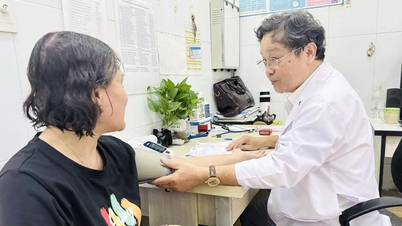
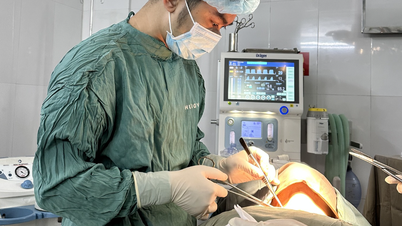
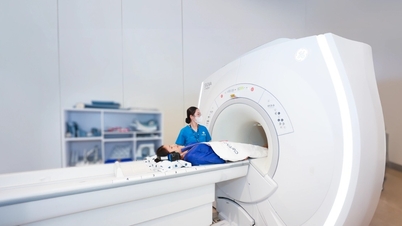














![[Photo] National Assembly Chairman Tran Thanh Man chairs the 8th Conference of full-time National Assembly deputies](https://vphoto.vietnam.vn/thumb/1200x675/vietnam/resource/IMAGE/2025/9/29/2c21459bc38d44ffaacd679ab9a0477c)










































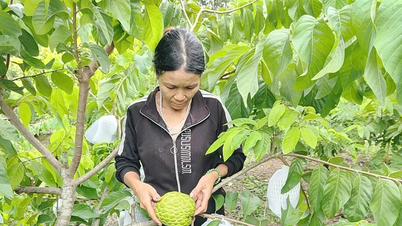

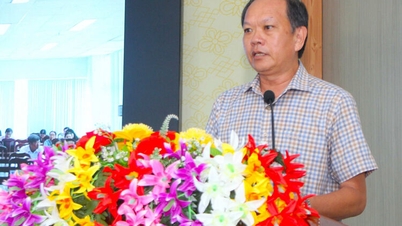



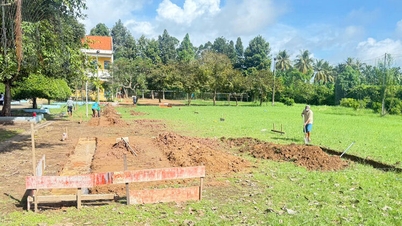


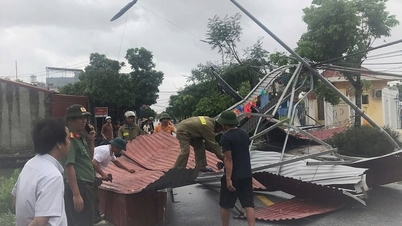














Comment (0)